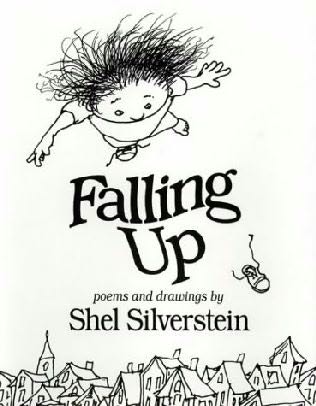The Russian Formalists emerged in the early twentieth century, and by 1914 their ideas had blossomed. The Russian formalist perspective continued to thrive throughout the 1920’s until 1929 when Joseph Stalin condemned them for lacking political perspective.
The Russian Formalists did not seek to redefine literature, but rather they sought to reevaluate literature by repositioning the focus of their analyses from content to form. As opposed to the “quasi-mystical symbolist doctrines” (Eagleton) which had previously been the prevailing methods of literary criticism, the Russian Formalists believed that literature was in no way related to psychology, religion, or sociology, and instead that it was a methodical arrangement of language that deviated from everyday speech and therefore estranged itself from the ordinary, familiar, routine jargon of daily life. This estrangement was thought to be the result of a collection of literary devices, such as imagery, rhyme, diction, syntax, and sound, functioning within an organization of words. Russian Formalists claimed that literature “was neither a vehicle for ideas, a reflection of social reality nor the incarnation of some transcendental truth” (Eagleton), and thus studied specifically the literary devices employed in a work, as opposed to the ideas and emotions that they were meant to express. According to a Russian Formalist, “content was merely the ‘motivation’ of form, an occasion or convenience for a particular kind of formal exercise.” (Eagleton).
I chose to study the Russian Formalist method of literary criticism because it is completely contradictory to the manner in which we have analyzed all of the literary works that we read in Fishermen Varsity English this year. When critiquing a work of literature, Russian Formalists disregard content entirely: in the mind of a Russian Formalist, setting, plot, and characters serve only as the adhesive that binds together the various literary devices engaged within a work. In my opinion, to dismiss content and focus solely on form is purely heretical.
Of the literature that I have read within the past few years, the content of each novel, play, or poem is the both he richest and most intriguing asset of each work. The manner through which the content it conveyed is certainly something I pay close attention to, and undoubtedly plays a significant role to the work as a whole, but without the content the form could not exist. To me, a metaphor will always be a figure of speech in which two unlike things are compared as to suggest similarity. However, the words used to create the metaphor and the subjects of whom or which the metaphor speaks are ever changing. To say that only the form of a work of literature matters is to suggest that literature is not a meaningful style of artistic expression, but rather an opportunity to utilize various types of literary technique; I wholeheartedly disagree with the latter sentiment. The idea of any work of literature must exist before the form can exist. The form of a work indisputably contributes to the overall meaning of a work, but the content is both the basis of the meaning and the source from which the form is conceived.
Aside from the focus on form, Russian Formalist also emphasized the language used to flesh out form. Russian Formalists believed that literature, as Roman Jakobson said, “represents an organized violence committed on ordinary speech” (Eagleton), meaning that the language within a work of literature must disorient the reader by deviating from everyday speech, and in doing so force him or her into a deeper, more fulfilling experience. Although I am able to make sense of this idea, I do not fully agree with it. Not all literature is written with imaginative, verbose language, but that does not detract from the legitimacy or meaning of a work; on the contrary, simplistic diction and syntax can enhance a work of literature.
While I am captivated by the Russian Formalist perspective and sincerely respect the radical method of criticism, I find that in using this lens to critique any work or art, would lead to an incomplete, incomprehensive analysis.
[http://www.litencyc.com/php/stopics.php?rec=true&UID=979, accessed 3 June 2009.]







No comments:
Post a Comment